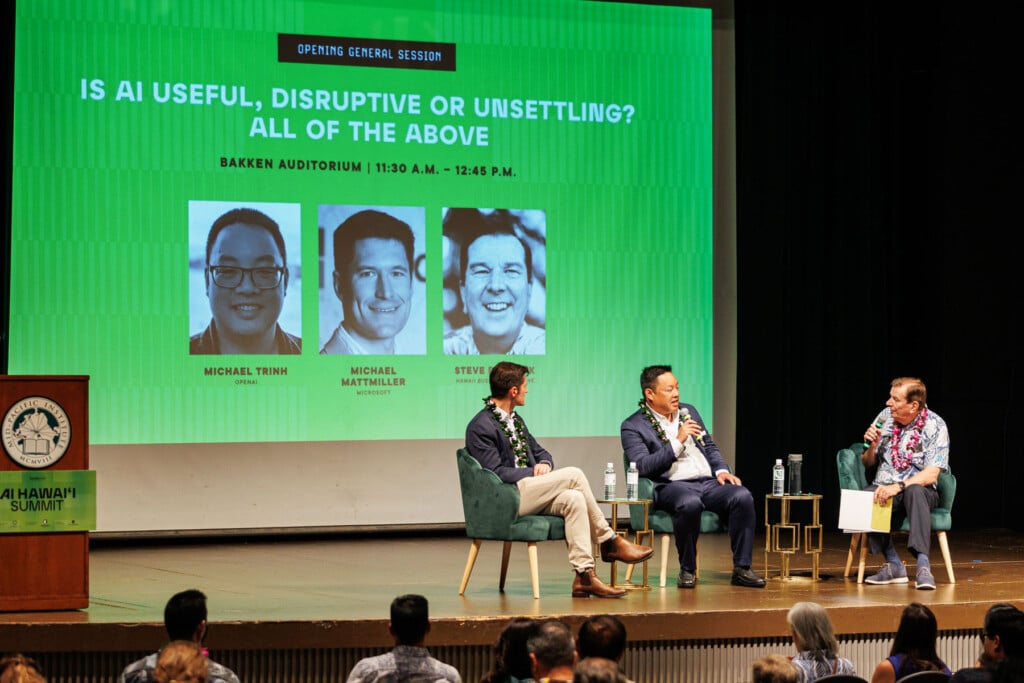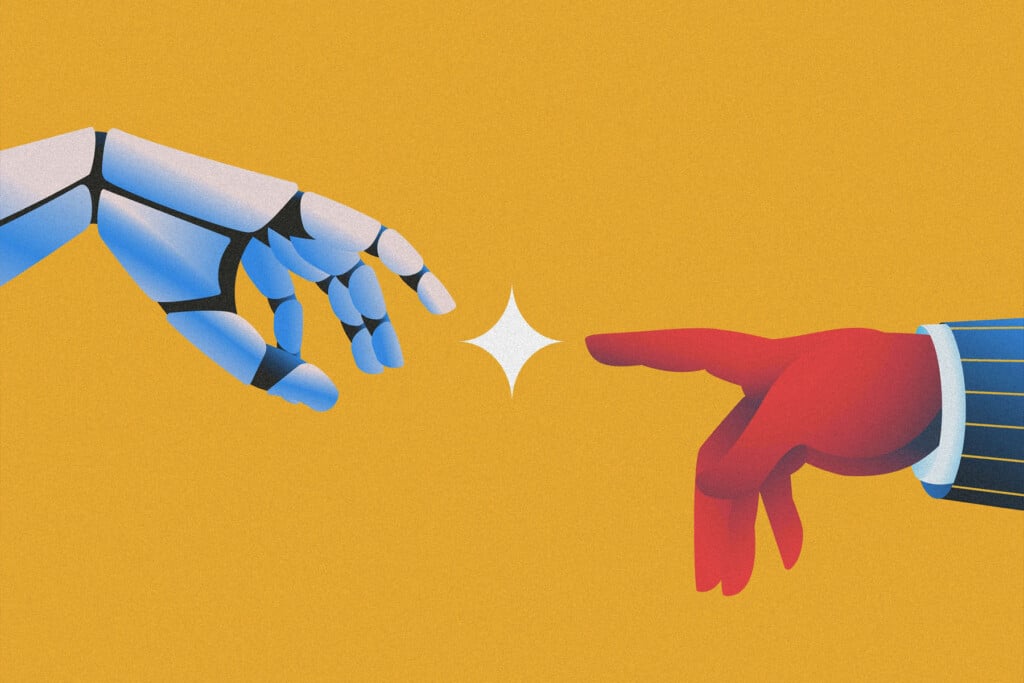What We Can Learn from Three Extreme Leaders
Lyndon Johnson, Steve Jobs and Elon Musk got exceptional results, but often at an intolerable price.

If Shakespeare wrote in modern times, Lyndon Johnson might have been the model for the Bard’s most compelling protagonist. That’s because in real life, Johnson was himself Shakespearean in scale: a larger-than-life, blustering human dynamo, a tragic hero/ villain and maybe the most consequential American president since Franklin Roosevelt.
Or Shakespeare could have been inspired by Steve Jobs or Elon Musk – who like Johnson, took leadership to extremes unimaginable by most presidents and CEOs.
All three are worth considering as models of leadership because they accomplished things no one else seemed capable of. And because many people are today drawn to extreme leaders like them, we must also consider their grand flaws.
I’ll start with Johnson. We still live in an American society that he largely created and we’ve had 55 years since he left the presidency to assess his legacy.
Johnson’s whole life was full of contradictions and dualities. Before he became president upon the assassination of John F. Kennedy on Nov. 22, 1963, he had been a political chameleon mentored by both liberals and conservatives, and at times he had championed the poor and oppressed, and (more often) the rich and powerful. He was mentored both by the progressive FDR and U.S. Sen. Richard Russell of Georgia, for decades the Jim Crow South’s most powerful player in Washington, D.C.
Deals, Blackmail, and Bullying
Even today, JFK is revered by many and parts of his inspiring speeches are forever embedded in the minds of Baby Boomers. But his legislative accomplishments were negligible because he did not know how to power bills through Congress.
LBJ, on the other hand – with a combination of deals, blackmail, bullying and unprecedented understanding of the rules and ways of Congress – rammed through civil rights legislation that had been filibustered for three generations by senators from the segregationist “Solid South.” Black people finally got rights, including a real right to vote. His legislation also created the two biggest government-run health care programs, Medicare and Medicaid, which are still with us today. Talk about consequential extreme leadership.
If those were sole accomplishments, Johnson might be celebrated for the benefits of his extreme leadership. Sadly, his misguided Vietnam War policy was just as extreme and consequential.
When he assumed the presidency, there were almost 17,000 American military advisors in South Vietnam.
When he turned the reins over to Richard Nixon, 535,000 military personnel were there and 31,000 had died.
His bypassing of Congress and his lying to it and the American people severely undermined citizens’ trust in their own government; the war led Congress eventually to block much of the rest of his agenda, reduce the voting age to 18 and replace the draft (at one time an imperfect but equalizing and inclusive force in American life) with an all-volunteer military that most Americans feel little personal connection to today.
His “Reality Distortion Field”
We also live in a world significantly shaped by Steve Jobs and our children will probably live in a world shaped by Elon Musk. Both men are examples of extreme corporate leadership.
Jobs is exemplified by one of his own quotes: “The people who are crazy enough to think they can change the world are the ones who do.” He did and he did, and one of his tools was what friends and employees called his “reality distortion field.” Through it, he could ignore the limitations of the world that everyone else saw. It drove many employees away but drove others to create things they would never have attempted otherwise.
Jobs’ flaws were also extreme. Two egregious examples: He denied his daughter was in fact his daughter for years – he let her and her mother live in poverty despite his wealth – even after confirmation from a paternity test. And instead of relying on proven cancer treatments, he thought he was smarter than medical experts and chose alternative remedies for too long, a decision that cost him his best chance at beating the disease.
Musk’s accomplishments are awesome and multidimensional as he pushes his employees at Tesla, SpaceX and other companies to incredible efforts, but he also drives out many others who are unwilling to dedicate their lives to achieve his goals.
Lately though, Musk’s seeming belief in his own infallibility has led to callousness and recklessness on a grand scale. Twitter, now called X, has become so toxic with misinformation and hate that he has driven away many longtime users and advertisers.
He’s still working on his legacy, but I think Shakespeare – who never liked one-dimensional protagonists – would be inspired by what he’s done so far.






